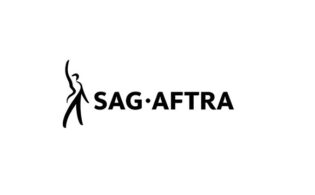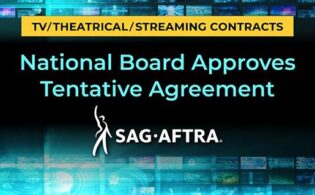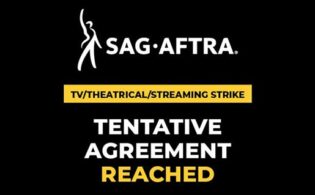The Directors Guild of America (DGA) and the Alliance of Motion Picture and Television Producers (AMPTP) have reached a tentative agreement on the terms of a new three-year collective bargaining agreement, hailing it as achieving “historic breakthroughs” on key global, economic, creative rights and safety issues.
“We have concluded a truly historic deal,” said Jon Avnet, chair of the DGA’s negotiations committee. “It provides significant improvements for every director, assistant director, unit production manager, associate director and stage manager in our Guild. In these negotiations, we made advances on wages, streaming residuals, safety, creative rights and diversity, as well as securing essential protections for our members on new key issues like artificial intelligence—ensuring DGA members will not be replaced by technological advances. This deal would not have been possible without the unity of the DGA membership, and we are grateful for the strong support of union members across the industry.”
“This deal recognizes the future of our industry is global and respects the unique and essential role of directors and their teams as we move into that future,” said Lesli Linka Glatter, president of the DGA. “As each new technology brings about major change, this deal ensures that each of the DGA’s 19,000 members can share in the success we all create together. The unprecedented gains in this deal are a credit to the excellent work, tenacity and preparation of our negotiations committee. I am so proud of the phenomenal leadership and dedication of Negotiations Chair Jon Avnet, Co-Chairs Karen Gaviola and Todd Holland and our Chief Negotiator, National Executive Director Russ Hollander, and our more than 80-member negotiations committee. I’m also incredibly grateful to the DGA staff, who worked tirelessly for the past year and a half to achieve this excellent deal.”
The contract sees gains in wages and benefits, including a 5 percent increase in the first year of the contract, 4 percent in the second year and 3.5 percent in the third year, as well as an additional 0.5 percent to fund a new parental leave benefit.
It also sees a substantial increase in the residuals for dramatic programs made for SVOD by securing a new residual structure to pay foreign residuals. The result is a 76 percent increase in foreign residuals for the largest platforms so that residuals for a one-hour episode will now be roughly $90,000 for the first three exhibition years.
It also sets in definitive terms that AI is not a person, and that generative AI cannot replace the duties performed by members.
The contract establishes the industry’s first-ever terms and conditions for directors and their teams on non-dramatic (variety and reality) programs made for SVOD. Improved residuals, and for the first time, associate directors and stage managers will now share in the residuals.
It also achieves the industry’s first-ever terms for creative rights protections, working conditions and residuals for scripted dramatic projects to be made for free to the consumer streaming services such as Freevee, Tubi and Roku. Unit production managers and assistant directors will share in the residuals.
There are other terms around feature directors, episodic directors, reduction in hours for assistant directors and safety measures.
“Every member of our union can be proud of the gains we’ve achieved across the board,” said Russell Hollander, National Executive Director of the DGA. “Significantly, and for the first time ever, global SVOD residuals will be paid based on the number of international subscribers. The result is a 76 percent increase in foreign residuals for the biggest services. As our industry becomes increasingly global, these gains are imperative to ensuring our members are valued and compensated for their incredible work.”
The tentative agreement will be submitted to the Guild’s National Board for approval at a special board meeting scheduled for Tuesday, June 6, 2023. Details of the tentative agreement will be released after the agreement has been submitted to the Board.




